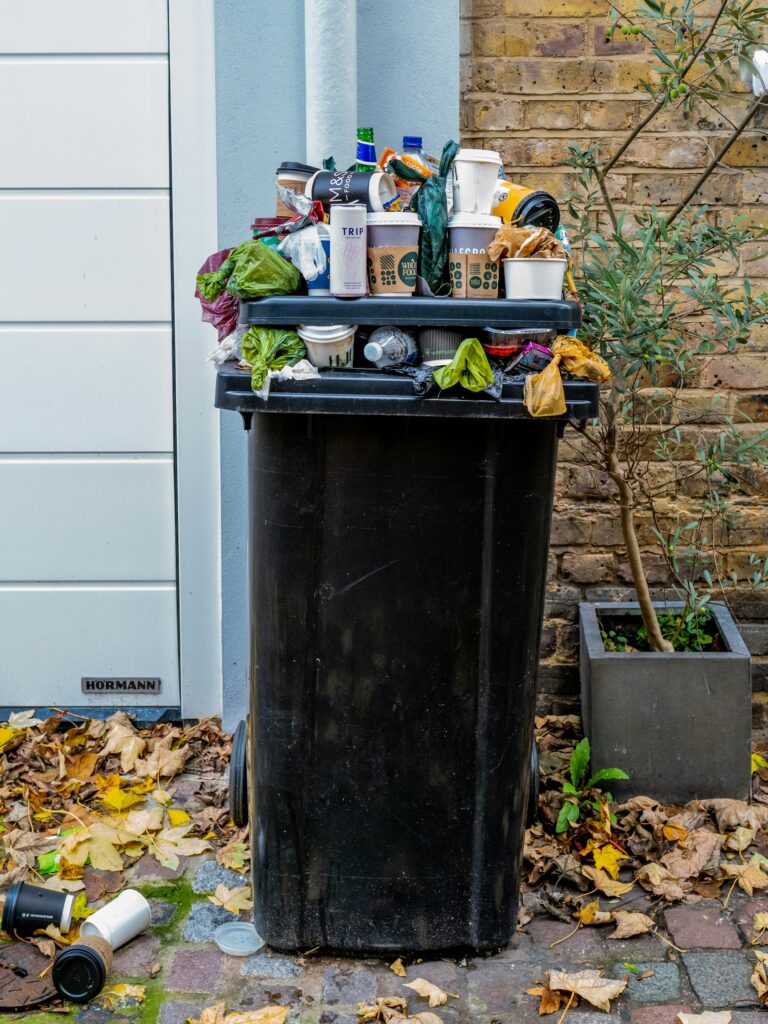Waste reveals priorities. The contents of a roll-off dumpster – whether from a home renovation or office cleanup – offer a clear snapshot of daily habits and long-term choices. Items like outdated electronics or excess packaging signal consumption patterns, while organized recyclables point to efficiency. Renting a roll-off dumpster provides a structured way to review and refine these patterns, turning disposal into a practical exercise in self-assessment. This approach supports better resource management and can lead to cost savings over time. Below, we examine key insights from waste analysis and how roll-off rentals facilitate meaningful changes.
Decoding Everyday Discards
Household waste often includes single-use plastics and food scraps, reflecting rushed routines. In a typical cleanout, these items fill 40 percent of a 20-yard roll-off dumpster. Renting one for a seasonal purge allows for sorting: Separate organics for composting, which reduces landfill contributions by up to 30 percent. Businesses use similar reviews during office moves – discarded reports or furniture highlight inefficiencies in operations. A 15-yard unit, delivered and picked up on schedule, keeps the process efficient, costing around $400 for a week and enabling a focused audit.
Tracking these patterns over multiple rentals reveals trends. For instance, high volumes of printed materials suggest that a shift toward digital tools could cut paper use by 50 percent. This data-driven review aligns with broader goals, such as reducing household expenses or streamlining corporate workflows.
Waste as a Budget Indicator
Trash volumes indicate spending habits. Excess clothing or gadgets in a roll-off point to impulse buys, while minimal yard waste shows proactive maintenance. For homeowners, renting a 10-yard dumpster during spring cleanups uncovers these signals early – haul away old tools, then invest in durable replacements. The process promotes mindful allocation: Redirect savings from waste hauling to high-value areas like energy-efficient upgrades.
In commercial settings, construction debris in larger 30-yard roll-offs exposes project overruns. Analyzing loads helps refine budgets – recycling metals alone can recover 20 percent of material costs. Roll-off services with on-site sorting options enhance this, ensuring compliance with local regulations and minimizing fines. Delivery flexibility accommodates tight timelines, making it a reliable tool for ongoing operations.
Aligning Actions with Values
The composition of waste reflects environmental commitments. Mixed loads heavy on non-recyclables indicate gaps in practices, while sorted bins demonstrate progress. Renting a roll-off for community events or personal projects allows for immediate feedback – fill it with event remnants, then adjust for future zero-waste goals. Eco-focused rentals, which include diversion reporting, provide metrics: One 20-yard haul might recycle 60 percent of contents, supporting certifications like LEED for businesses.
Over time, these insights build accountability. Families or teams that review dumpster contents quarterly report 25 percent reductions in overall waste, fostering a culture of responsibility. The professional handling of pick-ups ensures hygiene and safety, allowing focus on strategic adjustments rather than logistics.
Implementing Waste Wisdom
Start with a rental plan: Select size based on project scope – 10 yards for garages, 40 for major renos. During filling, categorize items to identify patterns. Post-haul, review the manifest for actionable data. Integrate tools like waste-tracking apps to log trends across rentals.
This method turns disposal into decision-making. Waste Removal USA roll-off dumpsters serve as neutral observers, offering clarity without judgment. Businesses gain operational edges; individuals achieve balanced lives.
https://www.africanexponent.com/philosophies-of-the-pile-what-your-trash-says-about-your-life/


